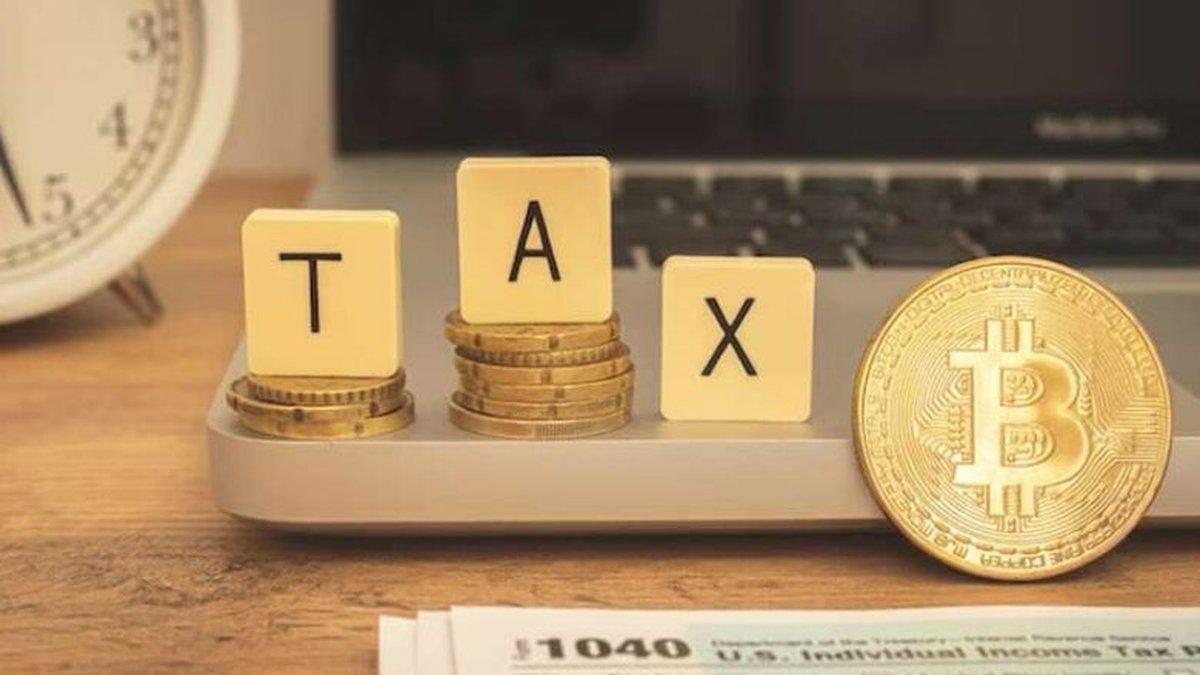Crypto Tax Basics: What Every Investor Needs to Know
As cryptocurrencies continue to reshape global finance, understanding how digital assets are taxed has become essential for every investor. The decentralized and borderless nature of crypto creates complex tax obligations that vary across jurisdictions. Whether you are trading Bitcoin, earning yield through DeFi, or minting NFTs, each transaction can carry tax consequences that affect your overall financial strategy.
Understanding the Foundations of Crypto Taxation
1. What Is Crypto Taxation?
Crypto taxation refers to the application of tax laws to cryptocurrency transactions. Most countries classify digital assets as property or capital assets, meaning that every time you sell, exchange, or spend crypto, you may trigger a taxable event. For instance, converting Bitcoin into fiat currency, swapping tokens on a decentralized exchange, or purchasing goods with Ethereum can all be taxable moments.
2. Why It Matters
Many investors underestimate the importance of compliance, assuming that blockchain’s anonymity protects them. In reality, tax authorities around the world are ramping up enforcement. Agencies like the IRS, HMRC, and the Australian Taxation Office now collaborate with crypto exchanges to track user activity. Failing to report crypto income can result in hefty penalties, audits, and even legal consequences.
Types of Taxable Events in Crypto
1. Buying and Selling
Buying crypto with fiat is typically non-taxable. However, selling it later for a profit generates a capital gain, while selling at a loss creates a capital loss. The duration you hold the asset determines whether it’s a short-term or long-term gain, which affects your tax rate.
2. Trading Between Cryptos
Swapping one token for another—such as trading ETH for SOL—is considered a taxable event in many countries, as you’re disposing of one asset to acquire another. The gain or loss is calculated based on the fair market value at the time of exchange.
3. Spending Crypto
Using crypto to buy goods or services counts as disposing of the asset. Even a coffee purchased with Bitcoin could generate a small taxable gain or loss depending on the change in value since acquisition.
4. Staking, Mining, and Airdrops
Rewards from staking, mining, or airdrops are generally treated as income at the time they are received. Later, when these tokens are sold, they may also incur capital gains taxes.
5. DeFi and NFTs
DeFi activities such as yield farming or liquidity provision can produce complex tax scenarios. Similarly, minting, buying, or selling NFTs can trigger income or capital gains tax depending on intent and usage.
Key Tax Principles for Investors
1. Capital Gains and Losses
Capital gains occur when you sell or dispose of an asset for more than you paid. Losses occur when you sell for less. Tracking these accurately helps offset gains and potentially reduce your tax liability.
2. Cost Basis
Your cost basis is the original purchase price of your crypto, plus any associated fees. It serves as the foundation for calculating profit or loss. Keeping detailed records is crucial for accurate reporting.
3. Holding Periods
The length of time you hold a crypto asset affects your tax rate. Many jurisdictions offer lower tax rates for assets held longer than a year, encouraging long-term investment strategies.
4. Income Classification
Any crypto earned through work, staking, or rewards is typically classified as ordinary income. This must be reported at the fair market value when received, and may also be subject to self-employment or payroll taxes.
Practical Steps for Tax Compliance
1. Keep Comprehensive Records
Track every transaction meticulously. Include dates, amounts, counterparties, wallet addresses, and market values. Using crypto tax software like Koinly or CoinTracking can automate much of this process.
2. Understand Local Laws
Crypto tax treatment varies by country. For example, the U.S. treats crypto as property, while Germany exempts long-term holdings after one year. Always verify local regulations and consult a tax professional familiar with digital assets.
3. Leverage Losses Strategically
Tax-loss harvesting allows investors to sell underperforming assets to offset gains, reducing total tax owed. However, watch for wash-sale rules that may disallow certain deductions.
4. Report Accurately and Timely
When filing taxes, include all relevant crypto income and capital gains forms. In the U.S., this includes Form 8949 and Schedule D for capital gains, and Schedule 1 for income. Many other countries have similar reporting requirements.
Common Mistakes to Avoid
- Ignoring small transactions—every trade counts
- Failing to report airdrops or staking rewards
- Mixing personal and business wallets
- Assuming DeFi or NFT profits are tax-free
- Not consulting a professional for complex cases
Emerging Trends in Crypto Taxation
Global regulators are increasingly collaborating to create standardized frameworks for digital asset taxation. The OECD’s Crypto-Asset Reporting Framework (CARF) aims to enhance transparency across borders. In the future, expect automated tax reporting from exchanges and greater scrutiny of DeFi and NFT activities.
Building a Smart Tax Strategy
1. Plan Ahead
Incorporate tax considerations into your investment strategy. Long-term holding, strategic rebalancing, and choosing tax-friendly jurisdictions can optimize outcomes.
2. Use Tax-Advantaged Accounts
Some countries allow crypto investments in retirement accounts or tax-deferred structures. Research options like self-directed IRAs in the U.S. for potential benefits.
3. Work with Experts
As regulations evolve, partnering with crypto-savvy accountants ensures compliance and identifies legal ways to minimize tax burdens.
Conclusion
Crypto taxation is no longer optional—it’s an essential part of responsible investing. Understanding your obligations, maintaining accurate records, and staying updated with evolving laws will protect your assets and peace of mind. The key is proactive planning and informed decision-making in this fast-changing financial landscape.
Further Reading and Resources
Crypto Tax | Crypto Exchanges | Crypto
Frequently Asked Questions
How are cryptocurrencies taxed? Most countries treat crypto as property, applying capital gains tax on disposals and income tax on rewards.
Do I pay taxes if I just hold crypto? Simply holding crypto does not create a taxable event until it’s sold or used.
How can I reduce my crypto tax? Use strategies like long-term holding, tax-loss harvesting, and consulting a professional to optimize your tax position.
What happens if I don’t report? Failing to report can lead to audits, penalties, and even legal consequences. Always comply with local laws.





